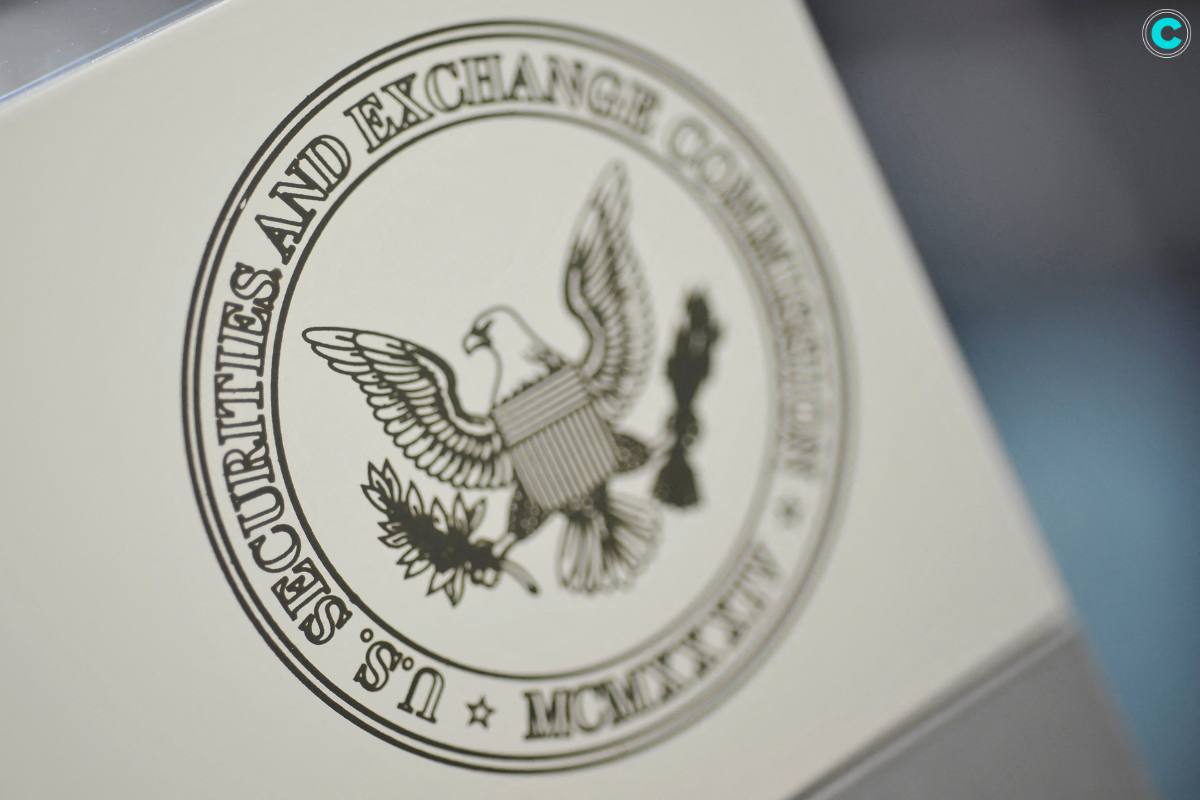Source – Reuters
SEC Cracks Down on AI Misrepresentation
The United States Securities and Exchange Commission (SEC) has taken decisive action against two companies for misleading investors by overstating their utilization of artificial intelligence (AI). This move signifies one of the earliest enforcement measures against what’s known as “AI washing” – a deceptive practice where companies exaggerate their AI or machine learning capabilities to capitalize on the hype surrounding these technologies.
SEC Chair Gary Gensler had previously cautioned against AI washing, likening it to the concept of “greenwashing” – where companies inflate claims about environmental sustainability to attract investors. According to the Wall Street Journal, Gensler emphasized the risks of misleading marketing tactics during a conference in December.
Wayne Schepens, founder and managing director of LaunchTech Communications, and chief cyber market analyst at SC Media’s parent company CyberRisk Alliance, remarked that the allure of cutting-edge technology often drives aggressive marketing strategies, leading some companies to latch onto buzzwords like AI.
In a press release on Monday, the United States SEC they have disclosed that investment advisors Delphia USA and Global Predictions had made false and misleading statements regarding their use of artificial intelligence. Delphia purported its AI solution could predict lucrative investment opportunities ahead of the market, while Global Predictions claimed to be the first regulated AI financial advisor. However, the SEC found these assertions to be inaccurate representations of the companies’ actual AI capabilities.
Both Delphia and Global Predictions have settled with the United States SEC, agreeing to pay civil penalties of $225,000 and $175,000, respectively. Gurbir S. Grewal, director of the SEC’s Division of Enforcement, emphasized the importance of public issuers ensuring the accuracy of their claims, particularly when they could influence investment decisions.
Scrutinizing AI in Cybersecurity
As the prevalence of AI-powered solutions rises across various industries, questions arise about the integrity of claims made within the cybersecurity sector. Schepens highlighted that cybersecurity companies, regardless of size or stage, are increasingly touting “AI-powered” solutions, although the industry has long been at the forefront of adopting AI and machine learning technologies.
Recent collaborations and investments in AI cybersecurity, such as the partnership between CrowdStrike and Nvidia, underscore the industry’s growing reliance on AI. Despite the genuine advancements, Schepens noted historical cases of “AI washing,” particularly as venture capitalists favored companies promoting AI and ML capabilities.
Ben Bernstein, CEO and co-founder of Gutsy and former venture partner at ICONiQ Capital, emphasized the importance of transparency and evidence-backed claims in the cybersecurity sector. Bernstein suggested that recent United States SEC actions should prompt cybersecurity vendors to ensure their marketing aligns with their products’ actual capabilities.
Ensuring Integrity Amid AI Adoption
While the temptation to leverage AI in cybersecurity solutions is undeniable, Bernstein cautioned against succumbing to the allure of “AI-ifying” everything. He stressed the need for independent validation and transparency in vendor claims, urging buyers to scrutinize AI features rigorously.
Schepens emphasized the industry’s tendency for self-policing, with products undergoing thorough scrutiny via proof of concepts and evaluations by industry analysts. Buyers are encouraged to seek independent validation and avoid falling for exaggerated claims, ensuring that the promise of AI aligns with reality in terms of outcomes.
In the cybersecurity realm, where the stakes are high in safeguarding critical systems and sensitive data, maintaining integrity amidst the AI revolution remains paramount. As companies navigate this landscape, transparency, evidence-based claims, and independent validation serve as crucial safeguards against the pitfalls of AI washing.






